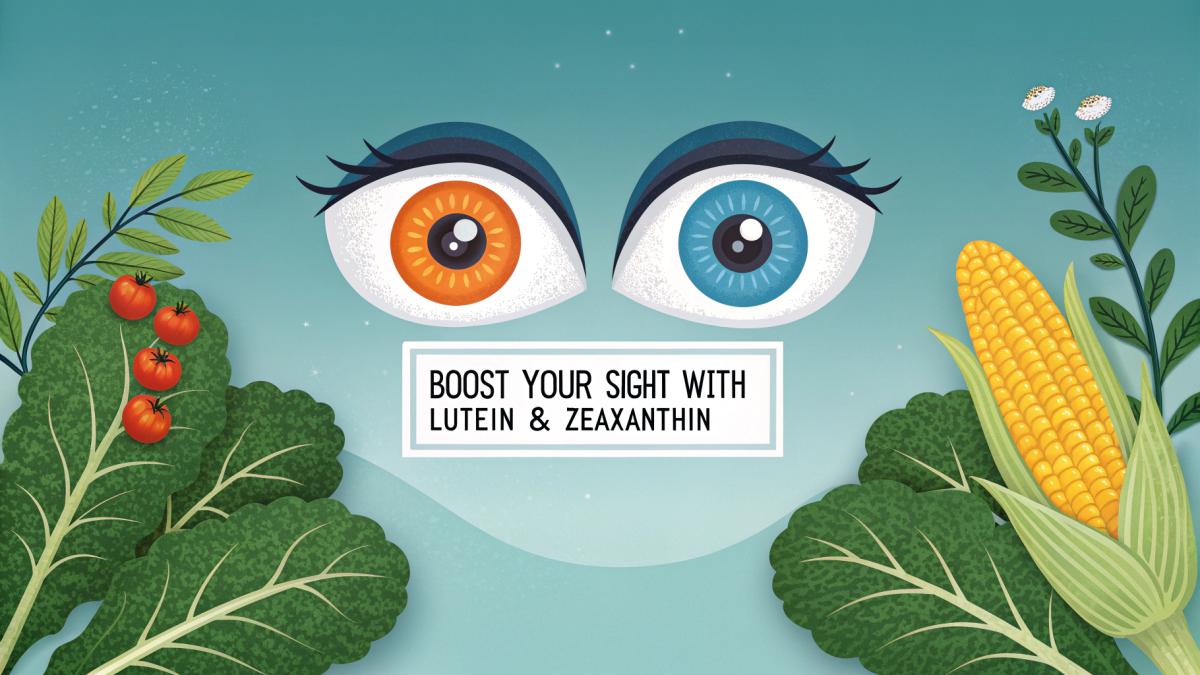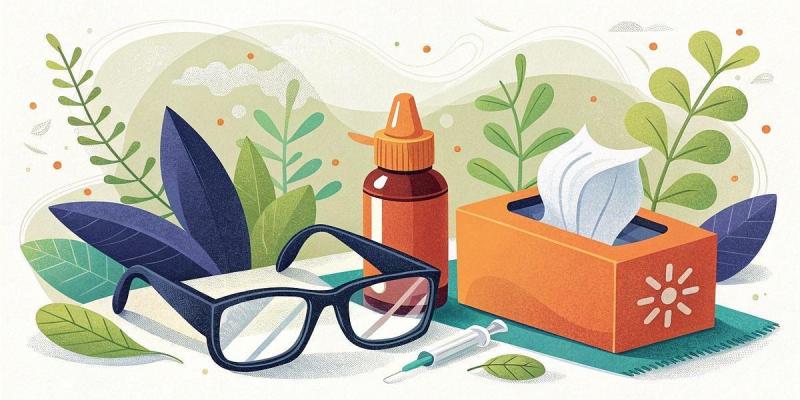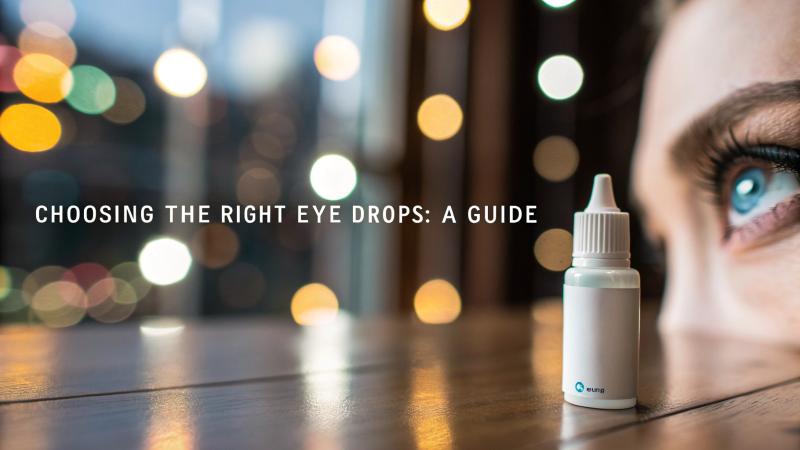Understanding Lutein and Zeaxanthin: The Science Behind Vision Support
When it comes to taking care of your eyes, a balanced diet that includes specific nutrients can be incredibly helpful. Lutein and zeaxanthin are two such nutrients that have been shown to support eye health and function.
What are Lutein and Zeaxanthin?
Lutein and zeaxanthin are carotenoids, which means they are pigments that can be found in plants. These specific carotenoids are found predominantly in leafy green vegetables and other colorful fruits and vegetables. In the body, lutein and zeaxanthin are primarily found in the macula of the eye, which is responsible for sharp, clear vision.
How Do Lutein and Zeaxanthin Help with Vision?
Both lutein and zeaxanthin act as natural filters for the eyes, absorbing high-energy blue light and helping to protect the delicate structures of the eye from damage. This blue light is found in many common light sources, including the sun, electronic devices, and energy-efficient light bulbs.
The consumption of lutein and zeaxanthin has also been linked to a reduced risk of age-related macular degeneration, which is a leading cause of vision loss in older adults. This is thought to be due to the protective effects of these nutrients on the macula.
How to Get More Lutein and Zeaxanthin in Your Diet
If you are interested in incorporating more lutein and zeaxanthin into your diet, there are many options. Leafy green vegetables like spinach, kale, and collard greens are excellent sources of both nutrients, as are other colorful vegetables like peppers, broccoli, and corn.
You can also find supplements that contain lutein and zeaxanthin, which can be helpful for those who have difficulty getting enough of these nutrients from their diet alone. When choosing a supplement, look for a reputable brand that uses high-quality, bioavailable forms of lutein and zeaxanthin.
Overall, incorporating more lutein and zeaxanthin into your diet can be a simple and effective way to support your eye health and function.
Enhancing Eye Health: The Benefits of Lutein and Zeaxanthin for Vision Support
Our eyes are one of our most precious assets, allowing us to see and experience the world around us. However, as we age, our vision tends to plateau and can even decline over time. This is where lutein and zeaxanthin come in - two powerful antioxidants that can help support and protect our eyes.
What are Lutein and Zeaxanthin?
Lutein and zeaxanthin are two carotenoids that are found in high concentrations in the retina of the eye. They are not produced by the body, so they must be obtained through diet or supplements. These antioxidants work together to help protect the retina from harmful blue light and oxidative stress, which can ultimately lead to age-related macular degeneration (AMD) and cataracts.
The Benefits of Lutein and Zeaxanthin for Eye Health
Studies have shown that lutein and zeaxanthin can help improve visual function and reduce the risk of AMD and cataracts. Here are some of the key benefits of these antioxidants for eye health:
- Improving visual acuity: Studies have found that lutein and zeaxanthin can help improve visual acuity, particularly in people with AMD or cataracts.
- Protecting against blue light damage: Blue light can damage the retina over time, leading to AMD. Lutein and zeaxanthin help protect the eyes from this damage.
- Saving visual function: Daily intake of lutein and zeaxanthin supplements can help preserve visual function in people who have early age-related macular degeneration.
- Reducing risk of cataracts: Lutein and zeaxanthin can also reduce the risk of cataracts by reducing oxidative stress on the lens of the eye.
Sources of Lutein and Zeaxanthin
Lutein and zeaxanthin are found in a variety of foods, including leafy green vegetables like kale and spinach, as well as yellow and orange fruits and vegetables like corn and oranges. However, it can be difficult to obtain enough of these antioxidants through diet alone, which is why supplements are often recommended.
Conclusion
Lutein and zeaxanthin are powerful antioxidants that can help support and protect our eyes as we age. Whether through diet or supplementation, incorporating these nutrients into your daily routine can help improve visual function and reduce the risk of age-related eye diseases like AMD and cataracts.
Including Lutein and Zeaxanthin in Your Diet: Tips for Boosting Eye Health Naturally
The best way to ensure that you are getting enough lutein and zeaxanthin in your diet is to eat a variety of colorful fruits and vegetables. Here are some tips to help you boost your intake:
- Eat leafy greens such as spinach, kale, and collard greens
- Eat yellow and orange fruits and vegetables such as carrots, sweet potatoes, and mangoes
- Eat eggs, which are a good source of both lutein and zeaxanthin
- Add herbs and spices to your meals, such as paprika, saffron, and turmeric, which also contain these nutrients
- Consider taking a dietary supplement specifically formulated for eye health that contains lutein and zeaxanthin
It's important to note that while consuming lutein and zeaxanthin can help support eye health, it's not a guarantee that you will never experience vision problems. A balanced and healthy diet and regular eye exams are important for maintaining optimal eye health.



